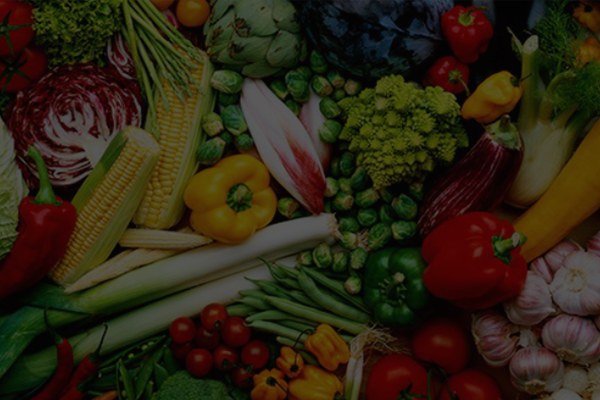One of the number one issues we run into with our clients is digestion, whether it’s poor digestion, uncontrollable hunger or helping to control blood sugar. Fiber and water are your friends. Best Fiber & Hydration on Digestion.
Hydration
Let’s start with hydration. Too often people get caught up in their day and forget to stay hydrated. This has a negative impact on performance, overall health and of course digestion. Now you may ask; what is the proper amount of fluids a person should drink each day? We would suggest 3.7 Liters /125 ounces for the average male and 2.7 Liters /91 ounces for the average female, now keep in mind this is considered TOTAL intake which means it is the combination of water found in your foods, coffee, tea, soda, and straight water. It is important to note that this is recommended for “non-athletes” so typically an athlete will need more than this.
Types of Fiber
Now on to Fiber, there are two forms of fiber insoluble and soluble fiber and the most important is having a balance of the two. Too much of one and not enough of the other can cause major bloating, constipation or flatulence that can clear the room. What are the recommended grams of fiber per day? 38 grams for men and 25 grams for a woman or 14 grams per 1000 calories each day. Since everyone will handle fiber a bit differently, we recommend starting with a 50/50 ratio of each soluble and insoluble fiber then try adjusting from there based on how you feel and get to know your own body and how it reacts. Fiber & Hydration on Digestion
Insoluble Fiber
What is insoluble fiber? The simple answer it doesn’t dissolve in water, it’s what gives the “body” to your movements and helps things move along better when it’s in the right ratio with its partner soluble fiber and of course proper hydration. Two of the larger benefits of insoluble fiber are the prevention of constipation and lowering the risk of diverticular disease.
Sources: Whole grains, wheat bran, beans, corn bran, nuts & seeds, broccoli, corn, and dark green veggies.
Soluble Fiber
What is soluble fiber? You guessed it, it dissolves in water, it has the opposite effect of insoluble where it slows down digestion and this also helps to regulate blood sugar so people who feel the crash from carbs can benefit from more soluble fiber. Some of the benefits of soluble fiber are, lowering cholesterol, stabilize blood sugar, decrease the risk of cardiovascular disease.
Sources: Oats, oatmeal, legumes, vegetables “Brussel sprouts, carrots, sweet potatoes”, flaxseed and fruits “apples, blueberries, pears”.
The How
How do you go about hitting your fiber? Start focusing on whole foods and don’t rely on powders or supplements, eat 2-3 servings of fruits per day, 3-4 servings of vegetables per day.
Ending Thoughts
If you want to improve your digestion and general health start implementing these rules, make small changes and take the time to learn what your body wants and needs.





